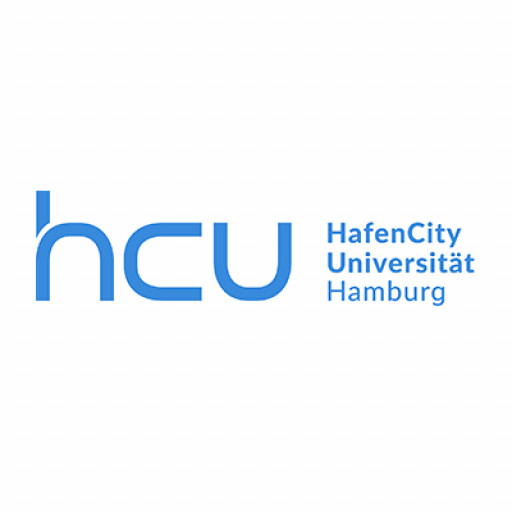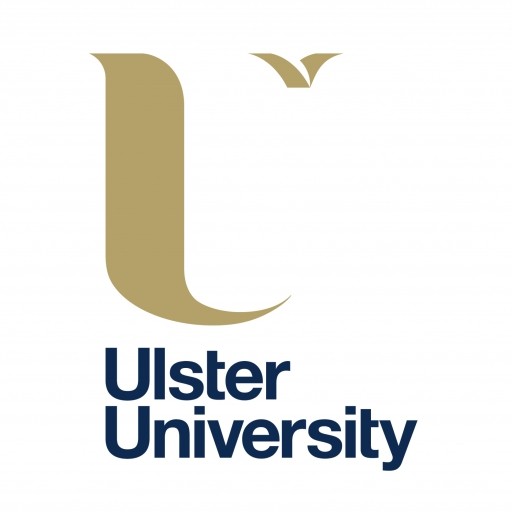Photos of university / #hcuhamburg
The Master’s Programme in Geomatics with Specialisation in Hydrography at HafenCity University Hamburg offers a comprehensive interdisciplinary education designed to equip students with the advanced skills and knowledge required to address the modern demands of spatial data acquisition, analysis, and management in aquatic environments. This programme is tailored for individuals interested in mastering the principles of hydrographic surveying, underwater mapping, marine geodesy, and the use of cutting-edge technologies such as multibeam echosounders, sonar systems, remote sensing, and GIS applications specific to hydrographic contexts. Throughout the course, students gain hands-on experience through laboratory work, field surveys, and projects that simulate real-world hydrographic missions, enabling them to develop proficiency in data collection, processing, and interpretation vital for maritime navigation, coastal management, environmental protection, and offshore industry applications.
The curriculum combines core topics in geomatics, including spatial data acquisition, processing, and visualization, with specialized modules in hydrographic surveying, marine information systems, and underwater acoustics. Emphasis is placed on quality assurance, safety standards, and practical skills necessary for professional hydrographers operating in complex maritime environments. The programme also addresses legal and environmental considerations related to hydrographic activities, preparing graduates to work in international and national contexts adhering to relevant standards and regulations.
Students benefit from HafenCity University Hamburg’s strong ties with industry partners, research institutions, and maritime authorities, which facilitate internships, collaborative projects, and access to state-of-the-art equipment. The programme's goal is to produce highly qualified professionals capable of contributing to a broad spectrum of careers—including hydrographic survey companies, port authorities, marine research institutions, and consultancy firms—who can innovatively support the sustainable development and safe utilization of marine spaces. Upon graduation, students are awarded a Master of Science (MSc) degree, opening pathways for further research, doctoral studies, or leadership roles in the field of hydrography and geospatial sciences.
Educational organisation
The two-year study programme of the specialisation Hydrography is organised in compulsory modules, some of which are also included in the specialisations Geodetic Measurement Technology and Geoinformation Technology.Two eligible courses of the Q-Studies or Studium Fundamentale, in which educational knowledge from art, social and natural sciences is taught in a transdisciplinary way, are also part of the curriculum.
Practice and field exercises are integrated in the programme.
FIRST SEMESTER (30 ECTS):
Modules: Data Acquisition / Data Processing (courses: Interface Technology, Basics of CARIS), Software Technology, Project Management (courses: Project Management, Quality Management), Hydrography I (courses: Basics of Underwater Acoustics, Determination of Positions and Water Depth), Base Technology in Geographical Information Sciences (courses: Remote Sensing, Digital Elevation Models, Advanced Filtering Techniques)
SECOND SEMESTER (30 ECTS):
Modules: Higher Geodesy (courses: Mathematical Geodesy, Physical Geodesy), GIS Hydrography (GIS Hydrography, Desktop Mapping), Navigation (courses: Nautical Sciences / Traffic Control Systems, Electronic Chart / Integrated Navigation), Hydrography II (Sonar Systems, Hybrid Hydrographic Measurements), Q-Studies
THIRD SEMESTER (30 ECTS):
Modules: Fundamentals of Oceanography (courses: Physical Oceanography, Tides), Marine Geology and Geophysics (courses: Geology / Geomorphology / Seismics, Magnetics and Gravimetry), Marine Environment (courses: Marine Weather, Legal Aspects), Hydrographic Practise (Supplementary Field Training), Q-Studies
FOURTH SEMESTER (30 ECTS):
Master's thesis
Part-time studies are possible.
Forms of assessment
Assessment will be made in form of oral presentations, written reports and written and oral examinations. The Master's thesis is scheduled for the fourth semester.Course objectives
The specialisation hydrography aims to qualify and train professionals with excellent competences in hydrographic surveying and nautical charting. Hydrographers are currently in high demand; companies and institutions are searching for qualified hydrographic staff worldwide.Students acquire a comprehensive and broad-based knowledge in all aspects of hydrography and allied disciplines for a future career in the public sector, private industry or research fields.
Positions in the public sector are typically available in hydrographic offices and port authorities. Job opportunities in the private sector include: port and project surveys, surveys for marine exploration and mining, pipeline construction and investigation, offshore dredging, offshore constructions (e.g. windmill parks of offshore power generation), sensor and software technology, remote sensing, three-dimensional positioning and special navigation, geographical information systems (GIS) and electronic nautical charting, marine environment technology, marine geodesy, such as seismic, magnetic, and gravimetric exploration.
Language requirements
All applicants whose first language is not English are required to submit official evidence of sufficient English knowledge. This may be:- Test of English as a Foreign Language (TOEFL) as Internet-based Test (TOEFL iBT) with at least 71 points or as an Institutional Testing Program (TOEFL ITP) with at least 490 points
- International English Language Testing System - Academic Test (IELTS) with at least Band 5.0
- TELC - at least level B1
- Proof of a professional or subject-relevant stay of at least four months in an anglophone country
- Proof of minimum 20 CP's course achievement in an anglophone study-programme
- The advanced technical college certificate or the final grade certificate of year 12 or 13 of Germany secondary school in each case with the grade satisfactory (minimum 3.0 or 8 points according to the German grade system in secondary school)
- Attendance of a minimum of one year at a general-education school in an anglophone country
In order to be prepared for everyday life in Germany, Hydrography students may attend German language courses at various levels at the HafenCity University Hamburg.
Academic requirements
Bachelor's or Master's degree in hydrography, surveying, geomatics or related fieldsNon-German university degrees have to be approved by uni-assist. Information on requesting the preliminary documentation can be consulted online at www.uni-assist.de.
Enrolment fees
The enrolment fee is approx. 300 EUR per semester. Among other things it entitles students to use all public transport in the Hamburg Metropolitan Area.Costs of living
Approx. 700 EUR per monthJob opportunities
Due to the intense nature of the programme, working while studying is sometimes difficult but still possible. Nevertheless, nearly all of our students have some sort of a part-time job in one of the study periods. The university itself offers students the opportunity to work as assistants for lectures, research or projects under the supervision of a professor. Students can also obtain off-campus part-time jobs in the public sector or private industry in the field of hydrography.Students from the European Union and the EEA stand practically on equal terms with German students and have free access to the German job market. However, for students who do not come from the EU or EEA countries, work is restricted; they are only allowed to work up to a specific number or hours. German employment regulations have to be considered before taking on a job.
Funding opportunities within the university
http://www.hcu-hamburg.de/en/io/financial-support
Arrival support
The programme coordinators as well as the International Office can provide information needed for obtaining a visa, etc. Additionally, student "Welcome Buddies" will be of assistance in all practical matters upon arrival.Services and support for international students
As the programme consists of a small group of students, extensive support is provided by faculty and staff.In addition, HCU's International Office provides a number of advisory and social activities for international students, like the YOU@HCU Leisure and Cultural Programme. For information please refer to http://www.hcu-hamburg.de/en/io/youhcu.






